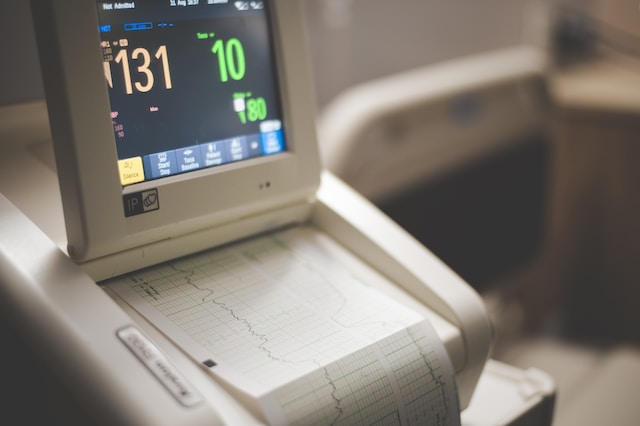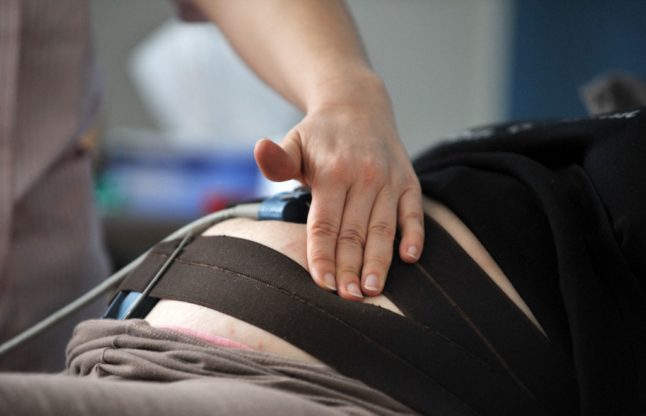Against a backdrop of controversy over a move to remove gay adoption rights from a law authorising same sex civil unions, the two women made their application under existing legislation which says the right of a child to “ongoing affection” should be paramount in deciding whether to grant adoption requests.
“Each of these two little girls has a biological parent and a social parent who share parental responsibility fully and equally,” said the couple's lawyer, Francesca Carato, in a statement issued to the media.
The Rome family court since 2014 made at least 15 rulings upholding requests for gay people to be allowed to adopt their partners' children.
But Italy's long-winded legal system makes it difficult to state clearly that the principle that such adoptions should generally be allowed has been established.
Only one of the rulings has been validated on appeal and the issue is destined to be considered eventually by Italy's highest court.
Italy's Senate last week approved a law authorising same sex civil unions after the ruling Democratic Party (PD) bowed to pressure from allies to strip it of provisions guaranteeing homosexuals who enter such unions the right to adopt their partners' children.
The PD is now planning to table a separate bill which will seek to give gay, unmarried couples and single people the same rights as married couples when it comes to adoption.
Italy's divisions over what is referred to as “step-child adoption” were underlined this week when the country's most prominent gay politician, Nichi Vendola, announced that he had had a son with his Canadian partner after employing a surrogate mother in California.
Vendola was accused of “disgusting selfishness” by the leader of the far-right Northern League, Matteo Salvini while Beppe Grillo, outgoing leader of the populist Five Star Movement, said there “is something about the concept of wombs for rent that scares me.”
As things stand, Vendola, a veteran leftist and former governor of the southern region of Puglia, could adopt the baby in the United States. But even if he does so, he will not be automatically recognised as a parent in Italy as his partner is the biological father.
The highest court last week rejected a request to recognise the adoption of a child by the lesbian partner of her mother despite her having been already approved in the United States.
The basis of that ruling was, however, procedural and is not thought to have set a legal precedent.





 Please whitelist us to continue reading.
Please whitelist us to continue reading.
Member comments